
Re-thinking Political Secularism: The Multiculturalist Challenge
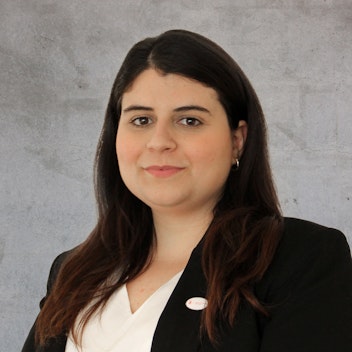 Katherine Arena
Katherine Arena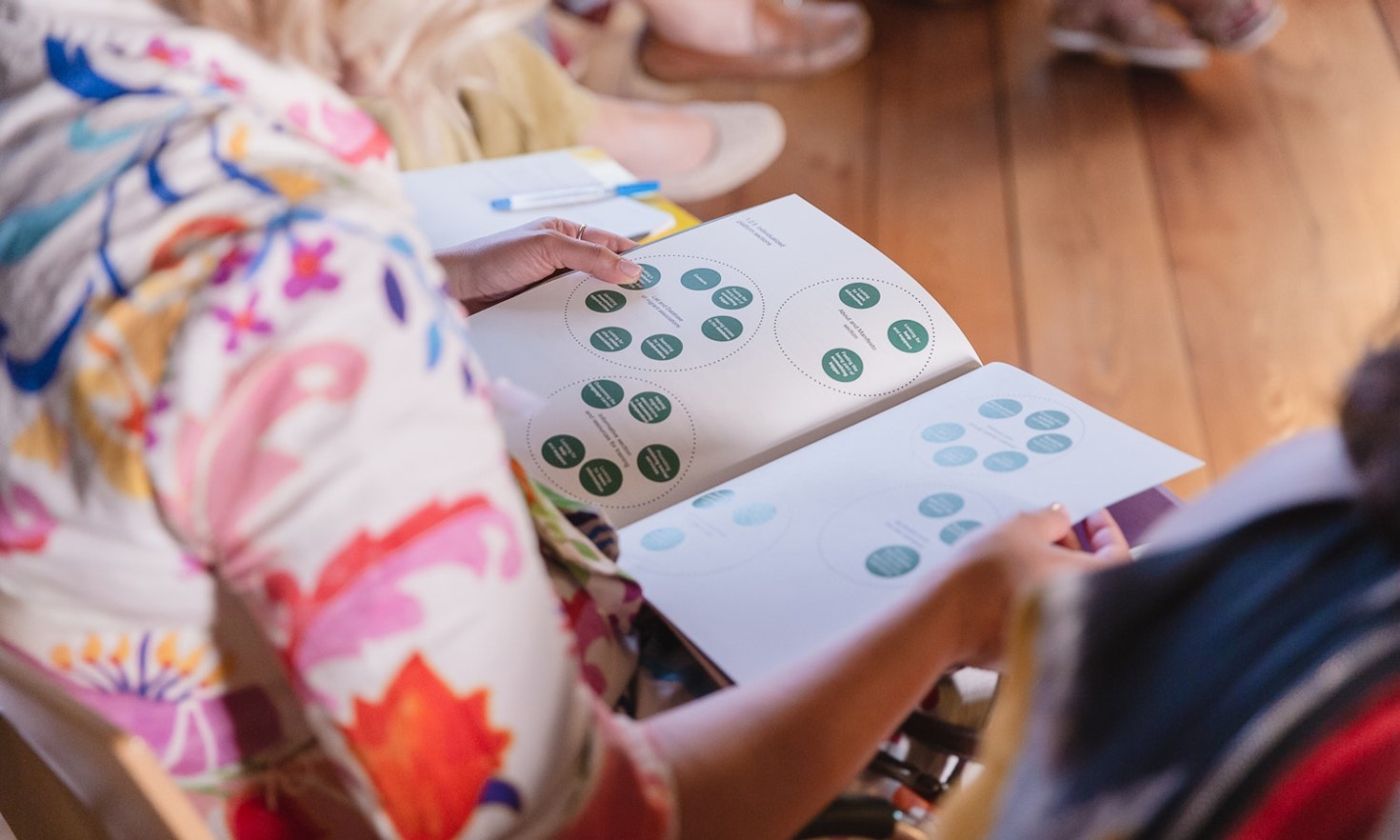
Migration studies consider the voluntary sector as a fundamental element of integration and inclusion processes. Not only do new citizens participate in and benefit from the activities of local voluntary associations, but they are also the protagonists/founders of new associations. In a recent local project in South Tyrol, we asked ourselves: what instruments are best suited to support these organizations?
South Tyrol is home to a wide range of formal and informal groups founded and run by people with migration background, providing fundamental services within the fields of social and cultural inclusion. These groups are often born out of the will to address the needs of a specific community, but often expand and take on a more diverse role in the hosting society.
In order to understand how to support and promote their fundamental action, the project “FIA – Formazione e informazione per una Città Inclusiva e Aperta” (“Training and informing for an open and inclusive city”) was started by the municipality of Bozen.
In the months from March until June, our working team, composed of three students from the Master in Eco-Social Design of the Free University of Bolzano, Hannah Marti, Kseniia Obukhova and Sofia Scroppo, joined the project and participated in meetings with local stakeholders active in the field of cultural inclusion, united by the objective of understanding how to support migrant associations in the province. These meetings included focus groups with members of migrant associations from South Tyrol, discussion roundtables with representatives of public institutions and other actors working on integration in the province, and interviews with entities providing support services to volunteer organizations. With the aim of gaining a more comprehensive understanding of the field, we consulted reports on similar studies conducted in Italy (e.g. Tuscany, Piedmont and Veneto and research by Maurizio Ambrosini) and analysed national and international case studies (e.g. Inland Design, Case del Quartiere) relevant to the field of cultural inclusion with an aim of grasping the role, importance, and mechanisms of migrants’ associationism. Direct engagement with members of migrant associations occurred through an online survey to collect their perspectives on possible collaboration with public and private institutions.
How to strengthen, promote and connect the work of the broad range of different migrant associations?
By conducting common research tools, such as focus groups, interviews with individuals and local stakeholders, and questionnaires, our team discovered that many of these associations face similar problems related to the volunteer-based nature of this work, which becomes particularly demanding for those who already work full-time. Moreover, some members invest personal income in the activities of the association and have very limited access to external funding, because they are not aware of the opportunities available on the ground to support voluntary initiatives, or because they cannot access them due to the entry requirements (e.g. length of stay). It furthermore appears that a general complexity of bureaucratic issues and an apparent unwillingness of the public institutions to adapt to the special needs of people with migration backgrounds shape the overall state of helplessness:
“There has always been a lack of coordination among associations in the city and province. This clearly makes the associations weaker as they remain isolated with their own issues.”
Comment by the focus group participant
These findings led to a first project outline based on the premise that if access to basic services is facilitated and if a support network is provided, migrant associations will be able to dedicate more time to their actual social and cultural project development. It furthermore emerged that an extensive mapping of all migrant associations present in South Tyrol is planned for the upcoming winter, which contributed to the decision to develop the concept of an interactive platform that would host this database while also addressing the abovementioned issues.
We identified different target groups that would benefit from using this platform: these ranged from the associations themselves, to public institutions, interested individuals and organizations.
The platform foresees different sections that vary from informative and descriptive to interactive and connective in order to address specific usages and needs. First, it would host the list of all the mapped migrant associations, while also providing the possibility to sign up new entities. The platform would hold important institutional information crucial to the maintenance and development of an association, which would improve accessibility to existing services. Another section would provide visibility to the migrant associations and their activities present on the territory of the province. The possibility of being informed of all these different realities, could be a way for the associations to connect and collaborate with each other. One key aspect to be kept in mind is that in order to function, the platform’s wide range of services and content can be managed solely through active and sustained moderation that keeps it updated.
Proof of concept
Upon development of the first working prototype of the platform, user testing with interested individuals was conducted. A total of 10 participants took part in the usability testing, representing the various target groups. In addition to testing the mock-up, the aim was to find out what the respective representatives think of an online platform and whether they would like to see it implemented.
This user testing was a crucial phase of the project development. It was key in evaluating whether needs and struggles that have been identified during the initial research phase were fulfilled by the presented prototype. The general feedback on the content of the platform was consistently positive and seen as useful and valuable to the different user groups.
Future vision
The implementation of the platform could be the first step of creating a digital commons (Dulong de Rosnay, 2020), which would provide a socially progressive alternative to sharing resources and to organising collective action, with a focus on sustainability and democracy.
The open-source sharing of important information and resources, constitutes an act of empowerment of underrepresented individuals, which would effectively counter a commodification of knowledge, linked to social exclusion and broader inequalities.
Beyond the digital space, the creation of a network with shared values would help in developing a coordinated effort to create a more inclusive and open environment in South Tyrol. Within such a framework, a higher degree of participation in decision-making of people with migration background could be possible as well as contributing to the creation of a culture of recognition and interest towards the efforts of migrant associations, both by the general public and the institutions, by giving greater visibility to their activities. This would furthermore contribute to a more welcoming environment to newly arrived citizens, who would be able to easily gain an overview of what support systems and services are already active in the region and potentially inform their decision to create an organization of their own.
The project Formazione e Informazione per una città Inclusiva e Aperta (Training and Information for an open and inclusive city, FIA) is carried out by the Municipality of Bolzano with the co-financing of the Coordination Service for Integration of the Autonomous Province of Bolzano in collaboration with the social cooperative Studio Comune, Eurac research's Institute for regional development, the association La Strada-Der Weg and the Immigrant Council of the City of Bolzano.
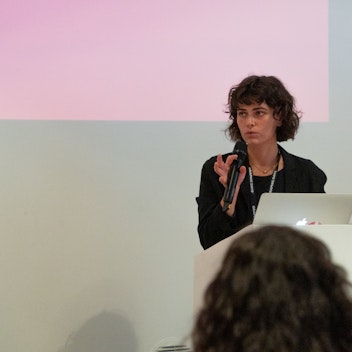
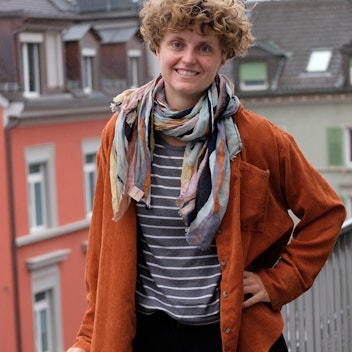
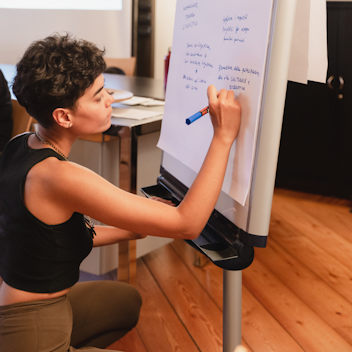
This content is licensed under a Creative Commons Attribution 4.0 International license.